Institutional Triggering Workshop in Burkina Faso, 31 Jan & 1 Feb 2017
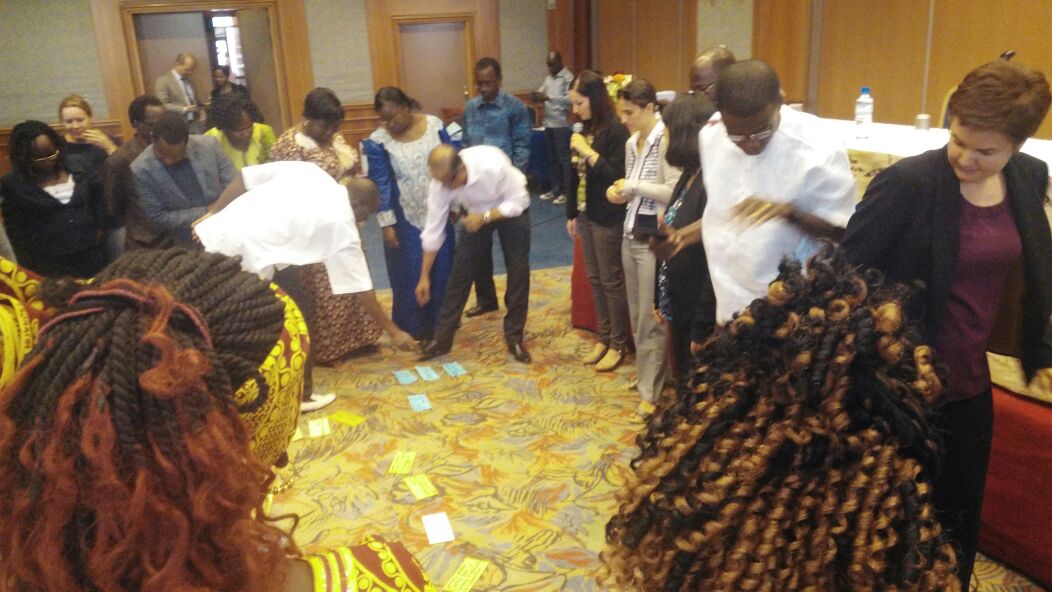 In most of the 24 countries of Western and Central Africa, CLTS has been institutionalized into national sanitation policy with no hardware household toilet subsidy as a non-negotiable principle, and the achievements in terms of sanitation outcome have been remarkable in many countries. However, Burkina Faso still remains the only country in the region that has been providing household sanitation subsidy.
In most of the 24 countries of Western and Central Africa, CLTS has been institutionalized into national sanitation policy with no hardware household toilet subsidy as a non-negotiable principle, and the achievements in terms of sanitation outcome have been remarkable in many countries. However, Burkina Faso still remains the only country in the region that has been providing household sanitation subsidy.
Burkina Faso has made the least progress in sanitation during the MDG period in spite of the fact that most of its neighboring countries made remarkable progress during the later part of MDG. In Burkina Faso, 75% of the rural population still defecate in the open. The incidence of diarrhea and child mortality rate of Burkina Faso are alarming. The stunting rate is 35% which is one of the highest in the region. The Ministry of Water and Sanitation (Government of Burkina Faso) and a few international NGOs like Plan International, Water Aid, and IRC-supported NGOs have been providing an upfront subsidy for toilet construction, yet claiming to apply CLTS approach. Although CLTS was introduced in Burkina in 2007, there are merely 200 ODF villages so far. By any standard, this is a very poor achievement. CLTS with hardware subsidy seems to be the norm of sanitation practices in Burkina.
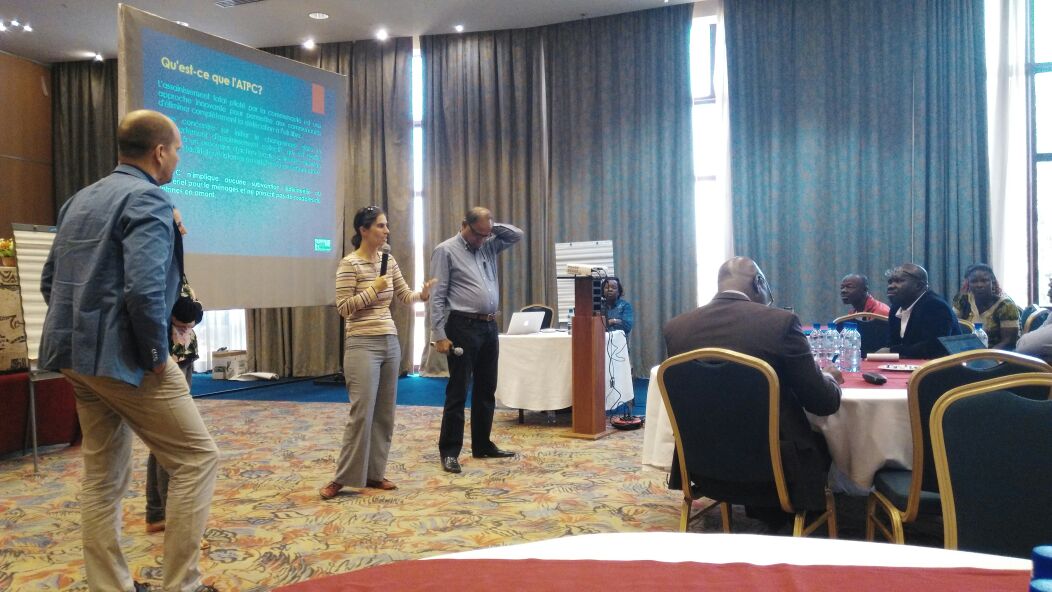 Realizing the lack of an enabling environment in scaling up of CLTS in Burkina, major actors of sanitation including UNICEF in Burkina have been trying to influence the govt. policy to move away from the subsidy approach and adopt community empowerment approach of CLTS. Another believer of household sanitation subsidy, the neighboring Nigeria, was the last in the region to adopt the no subsidy strategy in the govt. policy recently.
Realizing the lack of an enabling environment in scaling up of CLTS in Burkina, major actors of sanitation including UNICEF in Burkina have been trying to influence the govt. policy to move away from the subsidy approach and adopt community empowerment approach of CLTS. Another believer of household sanitation subsidy, the neighboring Nigeria, was the last in the region to adopt the no subsidy strategy in the govt. policy recently.
CLTS Foundation Global was invited by the government of Burkina Faso and Unicef Burkina to organize and facilitate a two days institutional triggering workshop on CLTS with the senior ministers, policy and decision makers and heads of national and international organizations in Ouagadougou. Dr. Kamal Kar led the triggering workshop with colleagues from CLTS Foundation Global, UNICEF WCARO, and Burkina Faso.
 The two-days national level Institutional Triggering Workshop was held on 31st Jan & 1st Feb 2017 at Hotel Laico Ouagadougou wherein 45 senior officers and professionals from 16 organizations including government ministries, global donor agencies, national and local NGOs participated. Before the workshop, a high-level breakfast meeting was organized by Unicef where 4 Ministers, namely Dr. Smalia Ouedraogo, Honorable Minister of Health; Mrs Alizatou Rosine Coulibaly, Honourable Minister of Finance and Budget; Mr Ambroise Niougou Ouedraogo, Honorable Minister of Water and Sanitation; Mrs Metsi Makhetha, Resident Coordination of PNUD met Dr. Kamal Kar, Chairman CLTS Foundation Global, Dr. Anne Vincent (Country Representative of UNICEF Burkina Faso), Mr. Danielle Spaltoff, Chief of WASH, UNICEF Burkina Faso and Ms. Gaelle, Consultant, UNICEF and discussed the sanitation scenario in Burkina Faso.
The two-days national level Institutional Triggering Workshop was held on 31st Jan & 1st Feb 2017 at Hotel Laico Ouagadougou wherein 45 senior officers and professionals from 16 organizations including government ministries, global donor agencies, national and local NGOs participated. Before the workshop, a high-level breakfast meeting was organized by Unicef where 4 Ministers, namely Dr. Smalia Ouedraogo, Honorable Minister of Health; Mrs Alizatou Rosine Coulibaly, Honourable Minister of Finance and Budget; Mr Ambroise Niougou Ouedraogo, Honorable Minister of Water and Sanitation; Mrs Metsi Makhetha, Resident Coordination of PNUD met Dr. Kamal Kar, Chairman CLTS Foundation Global, Dr. Anne Vincent (Country Representative of UNICEF Burkina Faso), Mr. Danielle Spaltoff, Chief of WASH, UNICEF Burkina Faso and Ms. Gaelle, Consultant, UNICEF and discussed the sanitation scenario in Burkina Faso.
The outcome of the workshop was positive wherein the participants discussed on the present sanitation policy of the government of Burkina and highlighted the government’s priority to make the country open defecation free. They called for more capacity building inputs on CLTS and came up with a set of recommendations to fast track the access to sanitation by ending open defecation.
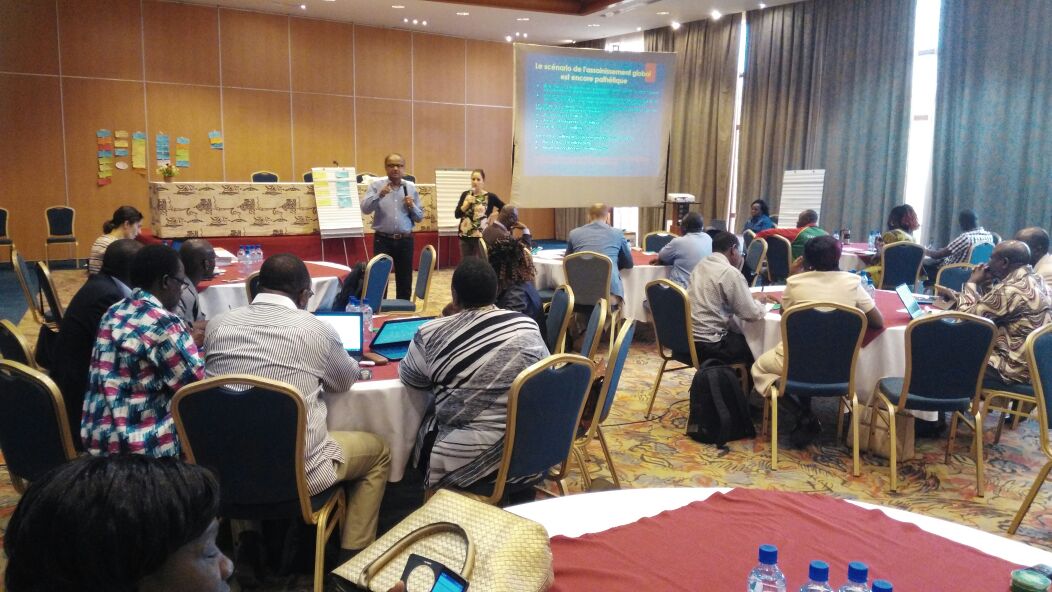 The workshop was held with two major objectives: to analyze the enabling environment for CLTS, and to identify the impediments in scaling up CLTS without subsidy. As an outcome of the workshop, the participants summarized their learnings and understanding of achieving ODF communities through CLTS method and came up with a set of recommendations to the government for strictly adhering to CLTS and to stop upfront household toilet subsidy. It remains to be seen how the government of Burkina Faso finally takes a call on the subsidy issue and the coordination between various stakeholders.
The workshop was held with two major objectives: to analyze the enabling environment for CLTS, and to identify the impediments in scaling up CLTS without subsidy. As an outcome of the workshop, the participants summarized their learnings and understanding of achieving ODF communities through CLTS method and came up with a set of recommendations to the government for strictly adhering to CLTS and to stop upfront household toilet subsidy. It remains to be seen how the government of Burkina Faso finally takes a call on the subsidy issue and the coordination between various stakeholders.
It must be reiterated that CLTS with toilet subsidy amounts to an abuse of CLTS, and it is not happening in any other country of western Africa except for Burkina Faso. So, this workshop was used as an opportunity to trigger the partner NGOs as well as the govt. officers to either do CLTS and stop upfront toilet subsidy or to continue giving toilet subsidy and drop CLTS.
It is clear that most countries of the world are on the track of CLTS with a clear realization of what enabling environment is needed to scale up CLTS. The number of countries using toilet subsidy approach is reducing very fast globally, and so many countries are changing. Although world’s largest number of people practicing open defecation live in India, the total number of such people in sub-Saharan Africa is reducing. With Burkina Faso adopting the right approach to ensuring proper enabling environment, the sanitation scenario of western central Africa will change very fast.
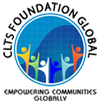
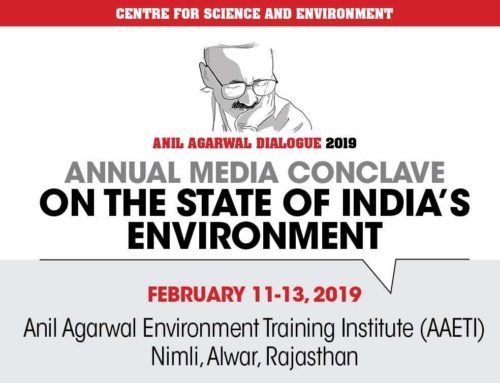
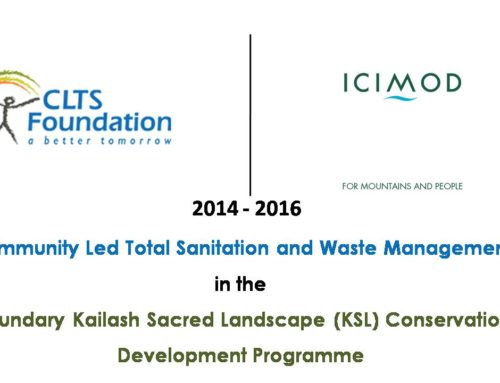
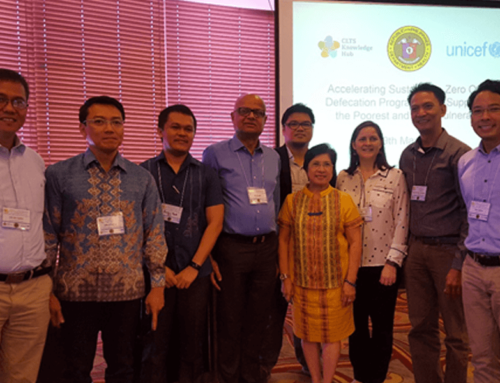
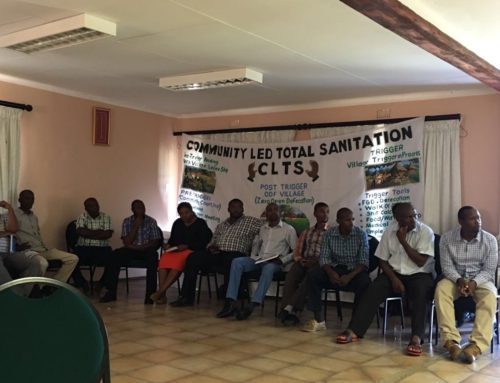
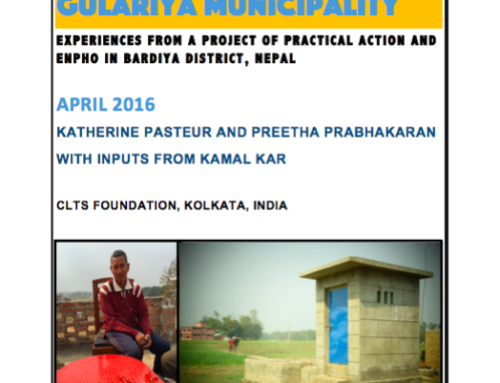
Leave A Comment